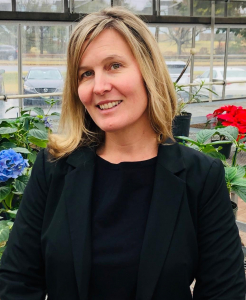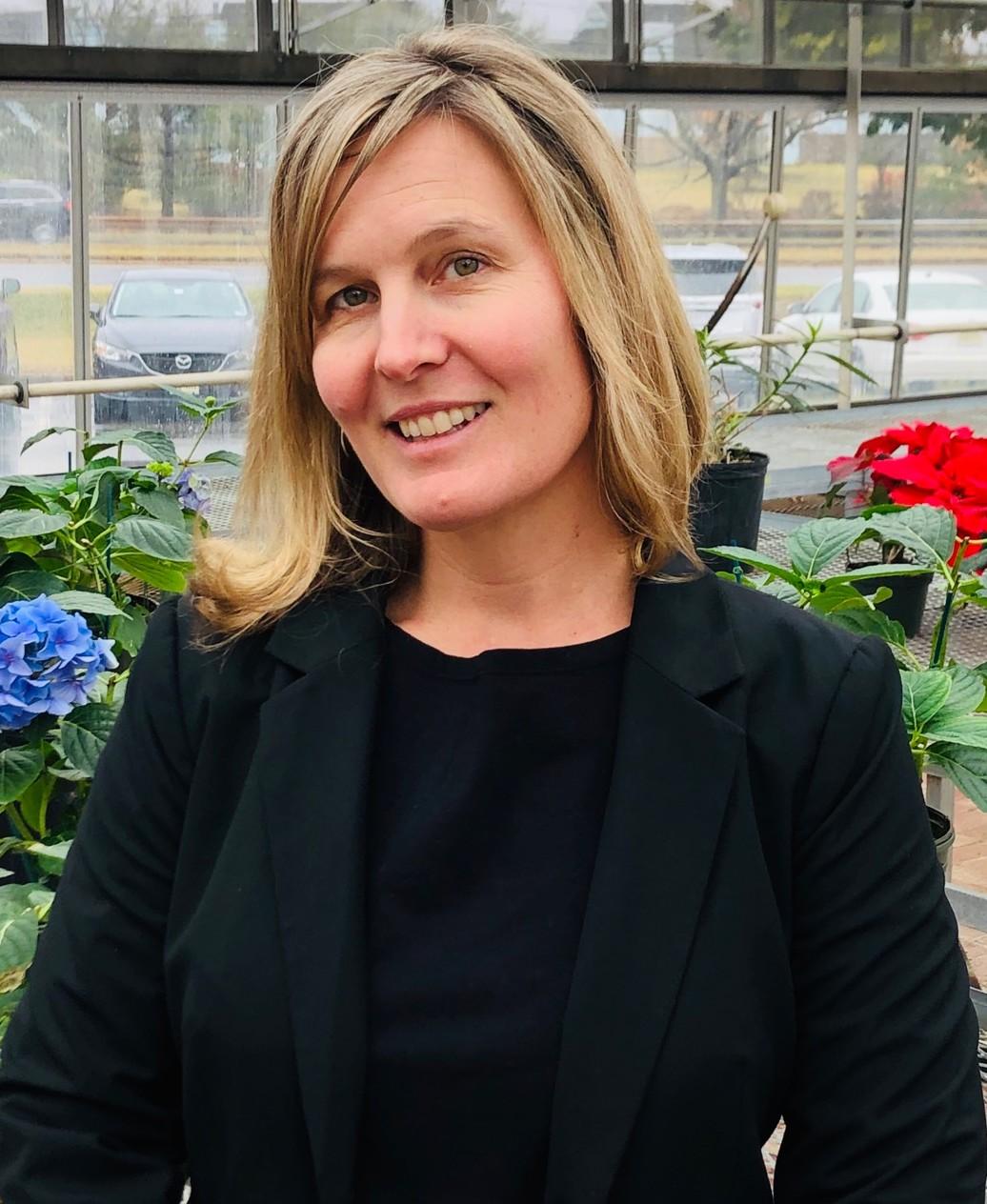 Meet Kristina Guttadora, winner of ACTE’s Region I Teacher of the Year award. Guttadora’s interview appears as part of a spotlight series on our 2021 national award winners and finalists. This award recognizes career and technical education (CTE) teachers at the middle/secondary school level who demonstrate innovation in the classroom, commitment to their students and dedication to the improvement of CTE in their institutions and communities.
Meet Kristina Guttadora, winner of ACTE’s Region I Teacher of the Year award. Guttadora’s interview appears as part of a spotlight series on our 2021 national award winners and finalists. This award recognizes career and technical education (CTE) teachers at the middle/secondary school level who demonstrate innovation in the classroom, commitment to their students and dedication to the improvement of CTE in their institutions and communities.
What is your job title and what do you do?
I am a teacher of horticulture. I instruct floriculture at the Monmouth County Career Center in Freehold, New Jersey. My duties include instruction and operation of the Woodsy Lane Floral Shop, which is our retail floral and garden center. This is a school-based enterprise, open to the public. I also serve as the FFA advisor, guiding students to participate in leadership, career development, personal growth and community service opportunities.
What was your education experience like in general? What did you study?
I was a student of agriculture from my senior year in high school. In college, I majored in plant science with a concentration in agricultural education, and I continued to earn my master’s in agricultural education. I became passionate about horticulture through internships at botanic gardens and arboretums, field ecology classes, and floriculture conferences. Learning is a hobby and a profession. I love exploring new gardens, floral shops, greenhouse operations, nurseries, parks and natural areas to gain knowledge and inspiration for my classroom.
Please discuss the role of teaching in your life. Who or what inspired you to teach CTE?
I would not have been here today without my high school agriculture teacher, Margaret Tinder, of Owen J. Roberts High School in Pottstown, Pennsylvania. In the early 90s, Mrs. Tinder was a young woman who took over a traditionally male-dominated agriculture program. She stopped me in the hall and encouraged me to take her class, making it a point to talk to me about my interests. She was a role-model teacher who instilled a passion for agriculture, the natural world and CTE.
Midway through my senior year, I began to see agricultural education as a career option and went on to Mrs. Tinder’s alma mater, Rutgers University. I became inspired while student teaching and early in my career by the amazing group of CTE teachers I met through my observations of programs statewide. Nancy Trivette, who was then New Jersey’s state specialist in agricultural education, encouraged me to become involved professionally in ACTE and NAAE.
I believe the teachers and professors who make the most impact are those who see each student for who that student is, and encourage them to hone their talents to succeed. It is the teachers that interact with students beyond the curriculum, to help them gain their direction and confidence, that are most impactful.
How has COVID-19 affected CTE program activities in your school. How has it affected the wellbeing of your professional learning community at large?
Our floral shop, bakery, and food service programs, which are normally open to the public and shining examples of CTE success, are currently closed. Our school-to-work program and field trips are also on hold. This has caused us to slow down, and focus on building other, equally valuable learning experiences. Remaining flexible about shifting the way we manage our classrooms and programs has been key to the wellbeing of our staff and students. This has been a time of understanding and grace, as many students and families are dealing with situations beyond their control.
COVID-19 taught us to become more efficient and innovative through the use of technology. We savor every moment we have with our students in-person, as we are not sure from day to day, who will be in-person and who will be remote. We make the most of the time we have and continue to push students to achieve and succeed, whether they are fully remote or in-person.
In what innovative ways have you engaged students to remain connected with their communities — and have fun — while social distancing?
When all of our field trips were cancelled, we decided to take our virtual show on the road. We filmed tours of farms, greenhouses and garden centers and then presented videos to our students. This enabled our students to not feel as if they were missing out on some of the normal CTE experiences.
Our biggest event is the New Jersey State Horticulture Exposition. I sent care packages for each of our remote students and talked them through their designs in a live Google Meet, so they could continue being a part of this contest. Our class entered 63 entries. Students placed first in 35 categories, second in 16 categories, and third in seven categories. One student earned a Best of Show in the Plant Division! Our in-person students fully embraced taking on as many categories as they could, and many remote students picked up supplies. They surprised us with their amazing independent talent!
We also are engaging our students with the Philadelphia Flower Show as first-time competitors. Together as a team, we have been designing a display to depict the category theme: “From Hell to Heaven.” Students have brainstormed heavenly themes and planting ideas. They will then, in class, create the garden design to be displayed to the public at the world-renowned flower show.
As an ACTE award winner, you are recognized for your efforts to sustain high-quality CTE programs for all students. What advice would you offer a new teacher?
Create a team mindset with parents. Work together to redirect struggling students and to encourage high-achieving students to challenge themselves.
Avoid the feeling of needing to build a perfect program in your first years. Add a little more to your program each year, so you can achieve a nice life balance that keeps you loving your career.
Teach students to be accountable, but also show grace in understanding what they may be going through as teenagers. Teach and model kindness.
Share your passion for your subject, life, and your students. Education is not all about the content and curriculum.
Utilize your industry/community for guest speakers, field trips and employment connections. Build a community that believes in and supports your program.
Is there anything else you’d like to share?
One of the greatest rewards of teaching CTE is observing our students as they find their passion and career direction. Career and technical education is critical to producing qualified candidates to meet the labor needs of the industries we serve. It is an honor to serve in a position that helps students find their pathway to agriculture through CTE.







